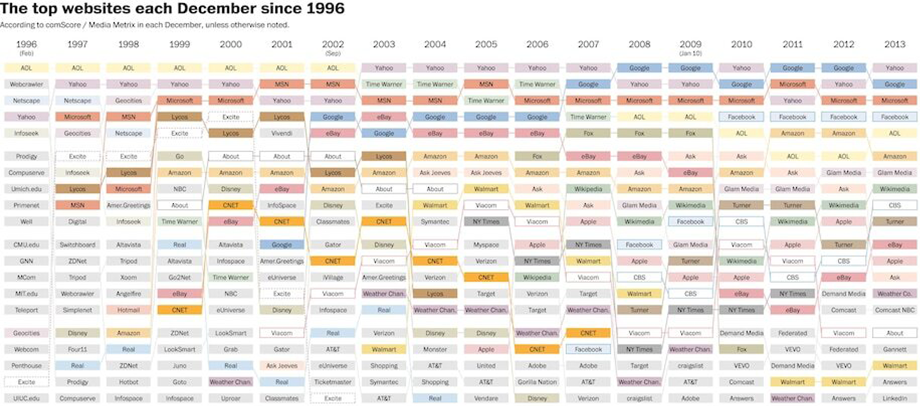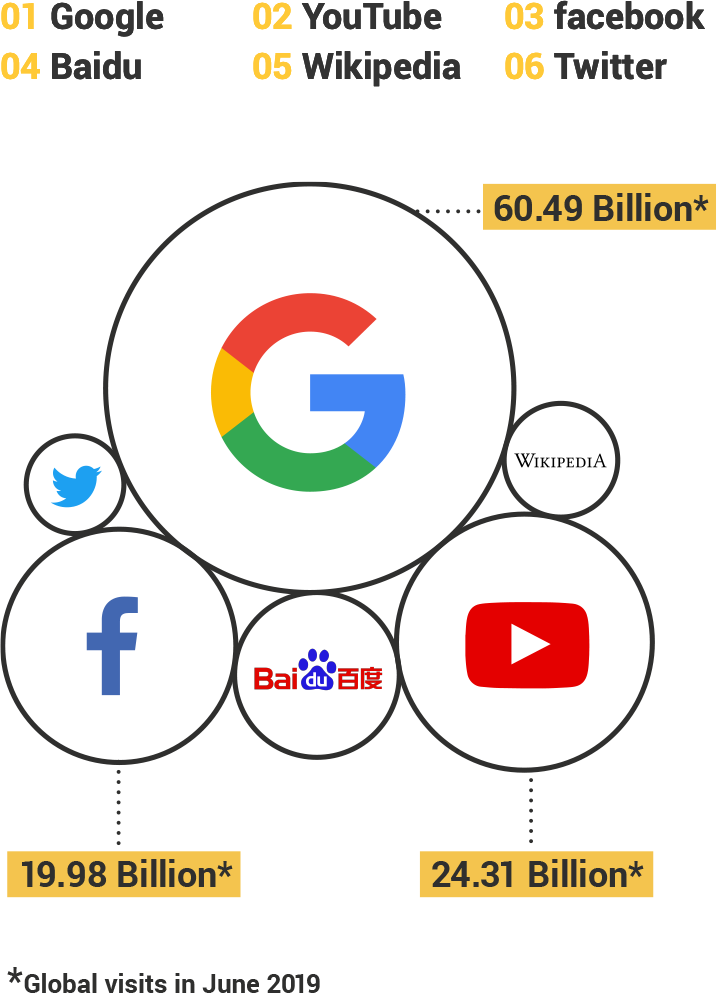Centralization, and your online home base
The internet of the 1990s and early 2000s was an astonishing thing. Suddenly, in a democratized media world, anyone with access to digital tools could create media, and the radically decentralized network of networks we call the Internet meant that access to that material was widespread.

But in the past decade, powerful forces have aligned to re-centralize much of our technology and communications. A few enormous enterprises — among them, Facebook (disclosure: sponsor of our course), Google, Amazon, Apple, and the telecommunications industry — have amassed increasingly vast influence over the digital world. Meanwhile, governments are exerting their authority, often in partnership with tech and communications companies, to restrict or control our online lives.
In most cases, the public has gone along with this voluntarily. We’ve preferred convenience and (often the illusion of) safety, and given up control. That’s regrettable in many ways. The rise of the corporate/government surveillance system is one result — remember, the tech platforms hold massive collections of data on everyone, data that finds its way into government hands, too. Consider, moreover, that the First Amendment does not apply to private companies. We have, in a fundamental way, made Facebook, Twitter, Google, and a few other giant enterprises the editors of vast swaths of the Internet.
Most visited websites

You can still have at least some control over your digital lives, beyond making informed choices about how you interact with the content and services you use. One key way is to register your own internet domain, and create a website that becomes your “home base” online — where you define who you are in a place that you control. In the course we teach at Arizona State University, we require students to create these sites. We strongly urge you to do the same.
